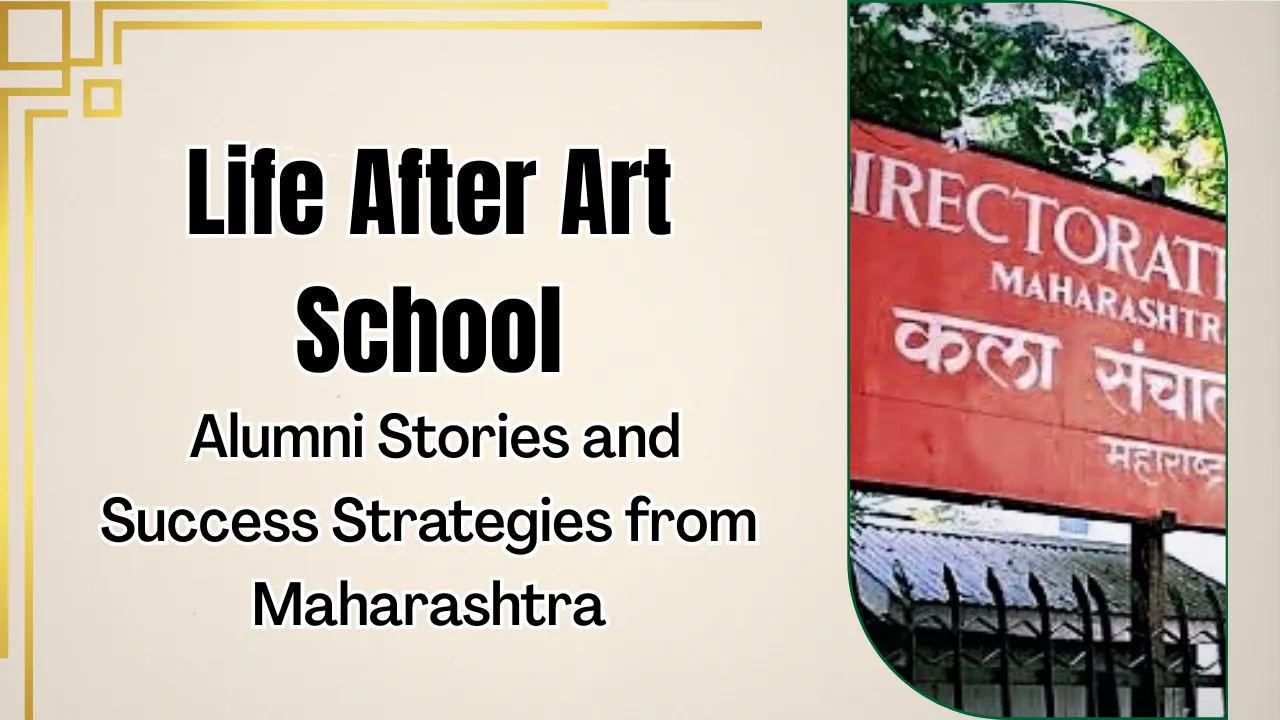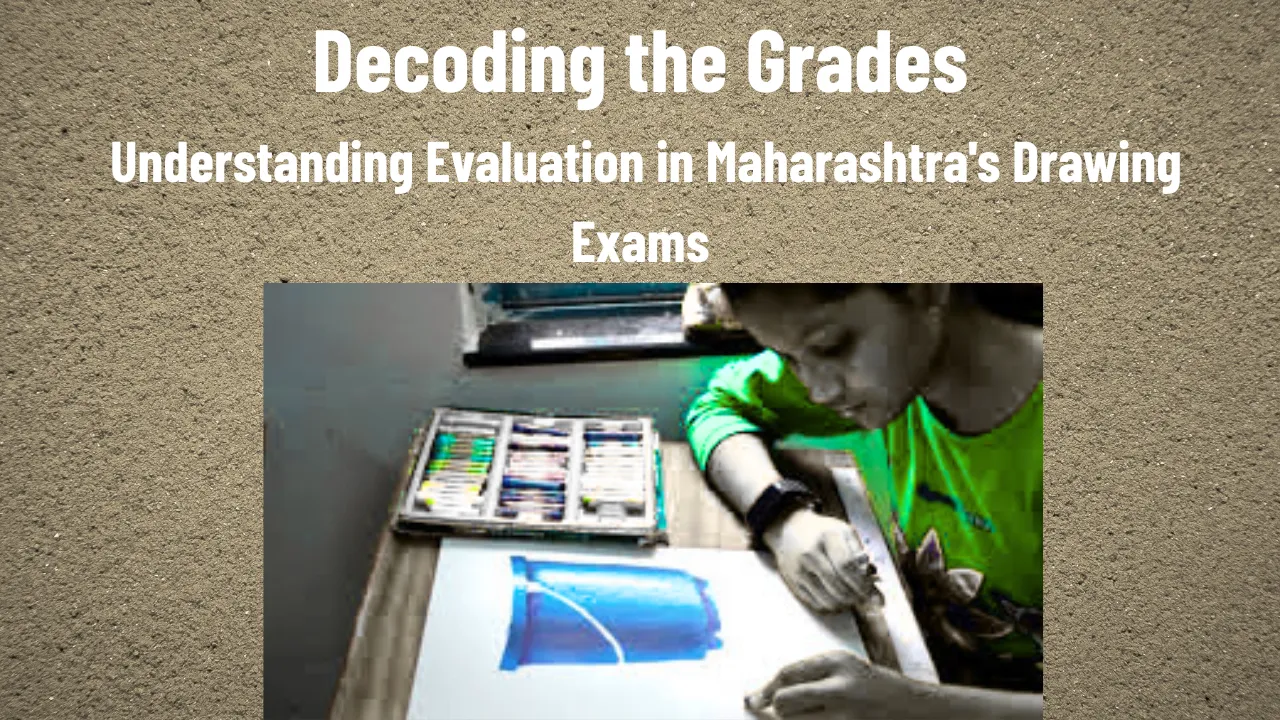Coaching Culture in India: Coaching culture in India has become one of the most talked-about aspects of the country’s education system. From bustling metro cities to small towns, coaching centers have mushroomed across the nation, offering extra academic help beyond regular school teaching. For millions of students, especially those preparing for competitive exams, coaching is no longer a choice—it’s a necessity.
This rising trend reflects both the strengths and gaps in formal education. While schools focus on broad learning, coaching centers specialize in targeted training for specific goals like engineering, medical, civil services, and other government jobs. In this article, we take a closer look at the reasons behind this boom, its impact, and whether it’s a sustainable model for the future.
Coaching Culture in India: A Parallel Learning Ecosystem
The coaching culture in India refers to the heavy dependence on private tuitions and coaching institutes to supplement school education. It mainly thrives on the demand for admissions into top colleges or clearing competitive exams like JEE, NEET, UPSC, CLAT, and more.
This culture has created a parallel education system—outside the formal school setup—that’s tailored to exam success. Students and parents invest heavily in it, believing that coaching increases the chances of success in high-stakes exams.
Overview Table: Understanding Coaching Culture in India
| Aspect | Details |
| Common Exams | JEE, NEET, UPSC, SSC, Banking, CUET |
| Popular Coaching Hubs | Kota, Delhi, Hyderabad, Patna, Pune, Chennai |
| Average Annual Cost | ₹50,000 to ₹2,50,000 depending on course and institute |
| Target Group | High school students, graduates, job seekers |
| Mode of Learning | Offline, online, hybrid formats |
| Leading Institutes | Allen, Aakash, FIITJEE, Byju’s, Unacademy, Vajiram, Drishti IAS |
| Main Subjects | Physics, Chemistry, Mathematics, Biology, General Studies, Reasoning |
| Preparation Time | Ranges from 6 months to 2 years |
Why Has Coaching Culture Grown So Rapidly?
There are several factors behind the rise of the coaching culture in India:
- Intense Competition: With limited seats in top institutions like IITs, AIIMS, or civil services, students look for every possible edge to succeed.
- Inadequate School Preparation: Many schools follow outdated methods and focus on theory rather than exam strategy. This gap is filled by coaching institutes.
- Parental Pressure: In Indian society, success in exams is often linked with family pride and financial stability. Parents push children to take extra classes to secure a better future.
- Lack of Individual Attention in Schools: Coaching centers often offer small batches and personalized attention—something that is hard to manage in crowded classrooms.
- Marketing and Success Stories: Coaching institutes use high-profile success stories in their marketing. When toppers credit coaching for their ranks, demand naturally increases.
The Impact on Students
The coaching culture in India has both positive and negative effects on students.
Positive Aspects:
- Structured preparation for competitive exams.
- Access to expert mentors and quality study material.
- Motivation from peer competition.
Negative Aspects:
- Mental stress and pressure due to long study hours.
- Reduced focus on holistic learning and personality development.
- Poor work-life balance, especially among teenagers.
In extreme cases, students face burnout, anxiety, and even depression, especially when expectations are high and results are not guaranteed.
Kota: India’s Coaching Capital
The city of Kota in Rajasthan is the perfect example of the coaching phenomenon. With thousands of students migrating there every year to prepare for engineering and medical exams, Kota has built an entire economy around coaching.
From hostels and mess facilities to libraries and counseling centers, the entire ecosystem revolves around helping students crack top exams. But the pressure is intense, and the city has also seen mental health concerns among students rise significantly.
The Rise of Online Coaching
In recent years, the coaching landscape has shifted online. Platforms like Byju’s, Unacademy, Vedantu, and PhysicsWallah have made coaching accessible from home.
Benefits of Online Coaching:
- Cost-effective and flexible.
- Accessible to students in remote areas.
- Recorded lectures and personalized dashboards.
This digital model has further expanded the reach of the coaching culture in India, especially during and after the pandemic.
Coaching vs Real Learning
One of the biggest criticisms of the coaching culture is that it promotes rote learning and test-cracking techniques over actual understanding. Students often memorize formulas and tricks without fully grasping the concepts.
This raises a critical question: Are we preparing students for life or just for exams?
While coaching is useful for clearing competitive exams, it should not replace the need for creativity, critical thinking, and problem-solving skills—traits needed in real-world careers.
Challenges with Affordability and Equity
High coaching fees have also widened the gap between rich and poor students. Many families take loans or make huge sacrifices to pay for coaching, believing it’s the only path to success.
Government initiatives like free coaching for underprivileged students are helping, but access remains a challenge. Without equal access, talent from rural or low-income backgrounds may never reach its full potential.
Way Forward: Balancing Both Worlds
To make education more effective and inclusive, we need a balance between formal education and coaching. Here are a few suggestions:
- Strengthen school education to reduce the need for coaching.
- Include career counseling and soft skill development in school.
- Promote vocational and interest-based learning alongside academics.
- Regulate coaching fees and ensure student well-being is prioritized.
Final Thought
The coaching culture in India is a reflection of our exam-driven education system. While it does offer advantages in exam preparation, it also brings stress, inequality, and an overemphasis on marks.
We must rethink how we define success for our students. Real learning should not be limited to classrooms or coaching centers—it should empower students to explore, innovate, and grow. Parents, teachers, and policymakers must work together to ensure education becomes a joyful journey, not just a race to the top.
What are your thoughts on the rise of coaching centers? Do they help or harm students in the long run? Share your views below and explore more articles on student life and modern education.
FAQs
1. Why is coaching so popular in India?
Due to high competition in entrance exams and gaps in school education, coaching has become a common way to gain an edge.
2. Is coaching necessary to crack exams like JEE or NEET?
Not always, but structured guidance from coaching centers can improve preparation and focus.
3. What are the downsides of coaching culture?
High pressure, mental stress, financial burden, and reduced focus on creativity and holistic learning.
4. Are online coaching platforms effective?
Yes, if used properly. They offer flexibility, but self-discipline is key.
5. Can schools replace coaching?
If schools improve their teaching methods, resources, and student support, dependence on coaching can reduce.











